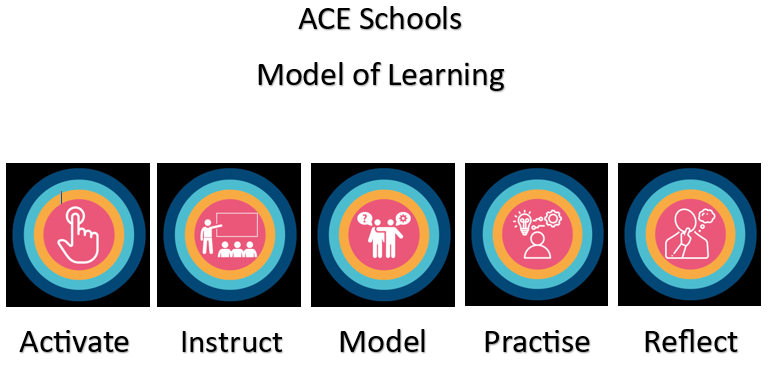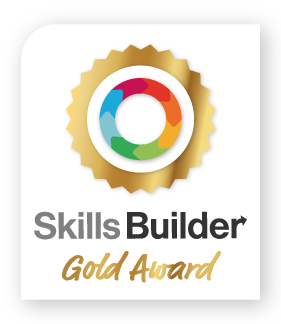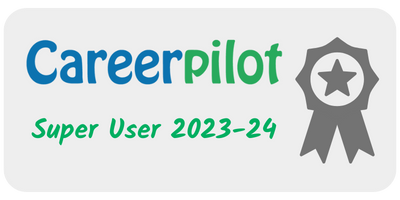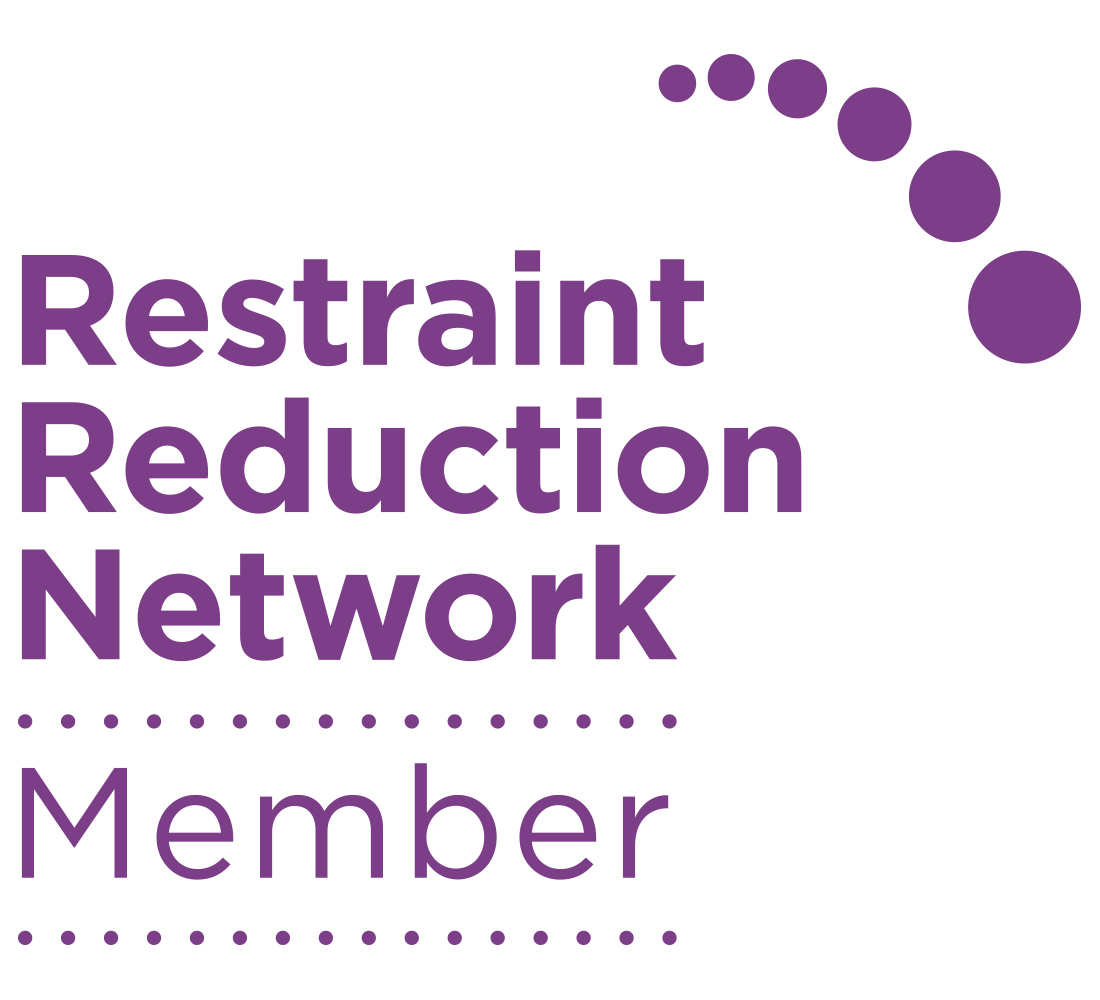Curriculum Rationale and Model of Learning
Curriculum Intent and Rationale
ACE Schools provides a high-quality inclusive education for all. Our ambitious curriculum offers pupils not only the National Curriculum but the life skills and experiences beyond this to flourish in their future lives. Our ethos is grounded in the principles of Ready, Respectful, Safe. These are the core values that influence every aspect of our educational community.
At ACE Schools we meet pupil’s individual needs with specialist support. All staff have high ambitions for pupils’ academic achievement and value the essential role that they play in preparing them for adulthood. Our curriculum enables every individual to shine and contribute positively to the school. We see every behaviour as a form of communication and treat every interaction as an intervention. Positive working relationships lie at the heart of everything that we do.
The key knowledge, skills, and aspirations that we want pupils to experience and develop during their time with us have been identified at Trust level and make up The Three Strand Curriculum.
The Three Strand Curriculum


The Three Strand Curriculum enables all teachers at EYFS and KS1-KS4 to adapt the school curriculum according to the pupils' individual needs and goals. The model is designed to equip teachers and learning mentors to meet pupils’ needs with a relentless and ambitious learning programme based upon catch up, recovery and challenge.
For optimal learning, staff are encouraged and supported to use their knowledge, expertise and understanding of each pupil, to embrace the concepts of The Three Strand Curriculum. Teachers and learning mentors make intelligent adaptations and informed pedagogical choices to ensure that pupils can thrive.
ACE Schools provide an ambitious and personalised curriculum which allows pupils to develop socially, morally, and academically, ensuring that they are prepared for post 16 education and adulthood. We aim to provide personalised pathways of development to ensure that pupils have the skills and knowledge they need to make informed decisions about their next steps.
Pupils are with us for varying amounts of time. Some will have a very short time with us (days) while others may remain for more than 1 year. Therefore, our curriculum is flexible, personalised, and designed to enable pupils to progress to the next stage of their educational journey.
We have high expectations of our pupils and are committed to improving life chances. The curriculum offers opportunities to develop socially, morally, and academically, whilst also developing employability and life skills.
Rosenshine’s principles of instruction are a comprehensive guide to evidence-informed teaching strategies that enhance pupils' learning. At ACE Schools the structure above is adopted during all learning episodes.
Why?
- Our children deserve an ambitious educational journey.
- Curriculum adaptation and enhancement is core to school improvement.
- Purposeful, structured staff/pupil interactions improve pupil attainment and outcomes.
- Cognitive science research, which focuses on how the brain takes in and uses new information, identified the limitations of working memory when attempting to learn new things.
- Direct observation of ‘master teachers’ whose students made the most academic leaps as measured by standardised tests. These observations focused on how these teachers presented new information to learners, how they monitored learners’ understanding, the opportunities they provided for rehearsal of information or skills and how they scaffolded the development of understanding and knowledge.
How?
- Use CPD sessions to add depth to knowledge and understanding of Rosenshine’s Principles of Instruction.
- Develop the ACE Schools Core 6 and further develop specific techniques to improve the practice of all staff and use a shared language for professional learning.
- Consider how pupils learn and how they can be supported to build on prior knowledge as well as lay firm foundations for future learning.
- Use teaching approaches that ensure long term retention of knowledge and fluency in key skills.
- Provide high quality and inclusive teaching for every child.
- Adopt the ACE Model of Learning to deliver aspects of The Three Strand curriculum with consistency and flexibility, whilst also considering different starting points.
How does this fit in with the ACE Schools and Transforming Futures Trust ethos and vision?
We continue to build a culture of Trauma Informed Practice in all our schools which supports the wellbeing and development of all children and young people in ensuring ‘positive futures for all’.
Our schools use a Trauma Informed approach to provide a full curriculum experience personalised to the needs of each individual, with a particular focus on core academic study alongside personal development.
We support and challenge pupils to be aspirant and aim high for their future after ACE, whether in other schools, further or higher education or the workplace.
|
Framework |
ACE Schools |
||
|
Lesson structure |
Rosenshine's Principles of Instruction |
What we do… |
Why we do it… |
|
1. Activate
|
Daily review Weekly review Monthly review
|
|
|
|
2. Instruct
|
Present new material using small steps. Provide models. Provide scaffolds for difficult tasks. Ask questions. Check for pupil understanding.
|
|
|
|
3. Model
|
Provide cognitive support to problem solve. Reduce cognitive load. Steer practice.
|
|
|
|
4. Practice
|
Guide pupil practise. Obtain high success rate. Develop independent practice. |
|
|
|
5.Reflect
|
Review the learning episode. Frequent checks to monitor the reinforcement of prior knowledge and learning of new material. |
|
|















